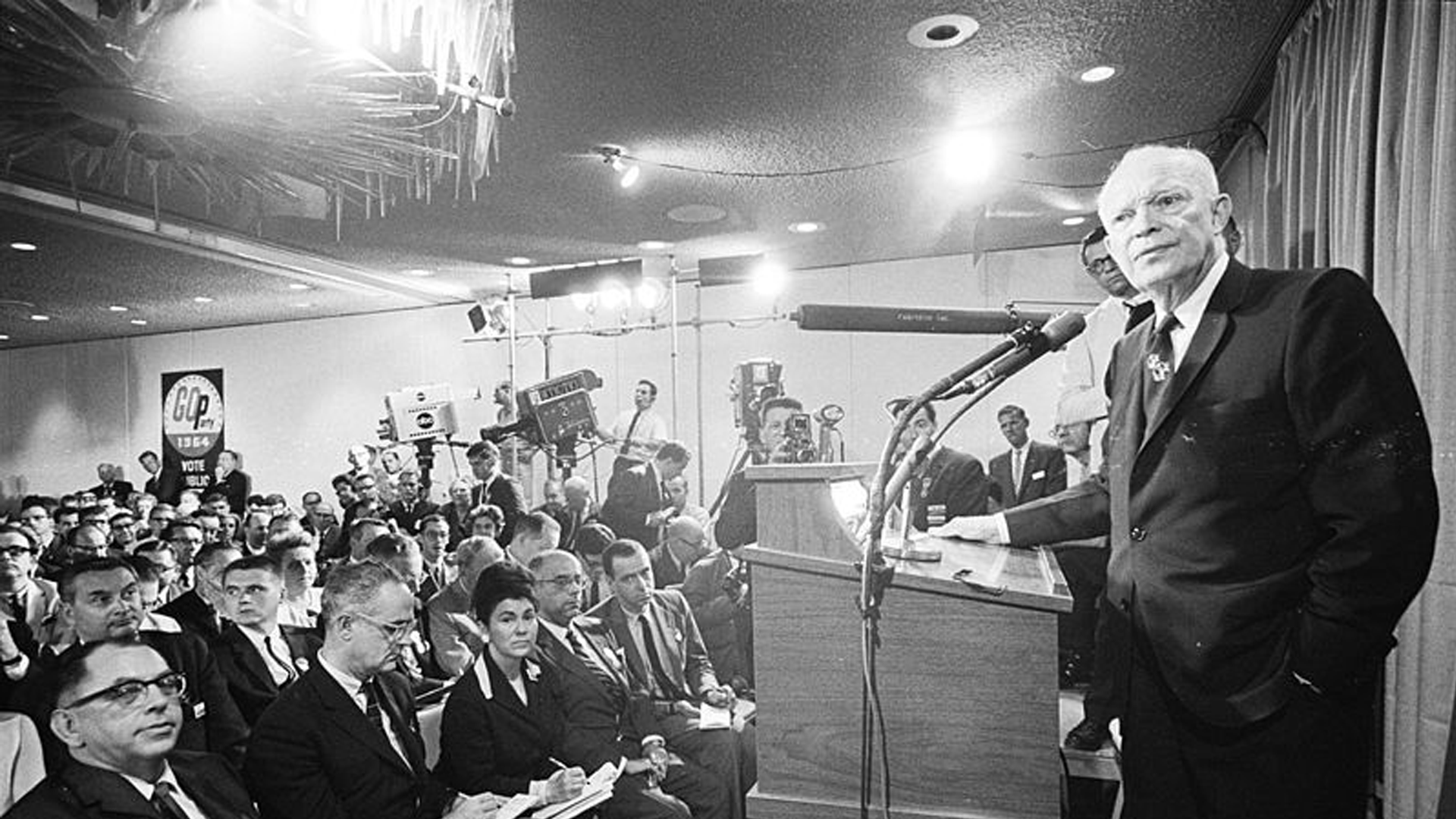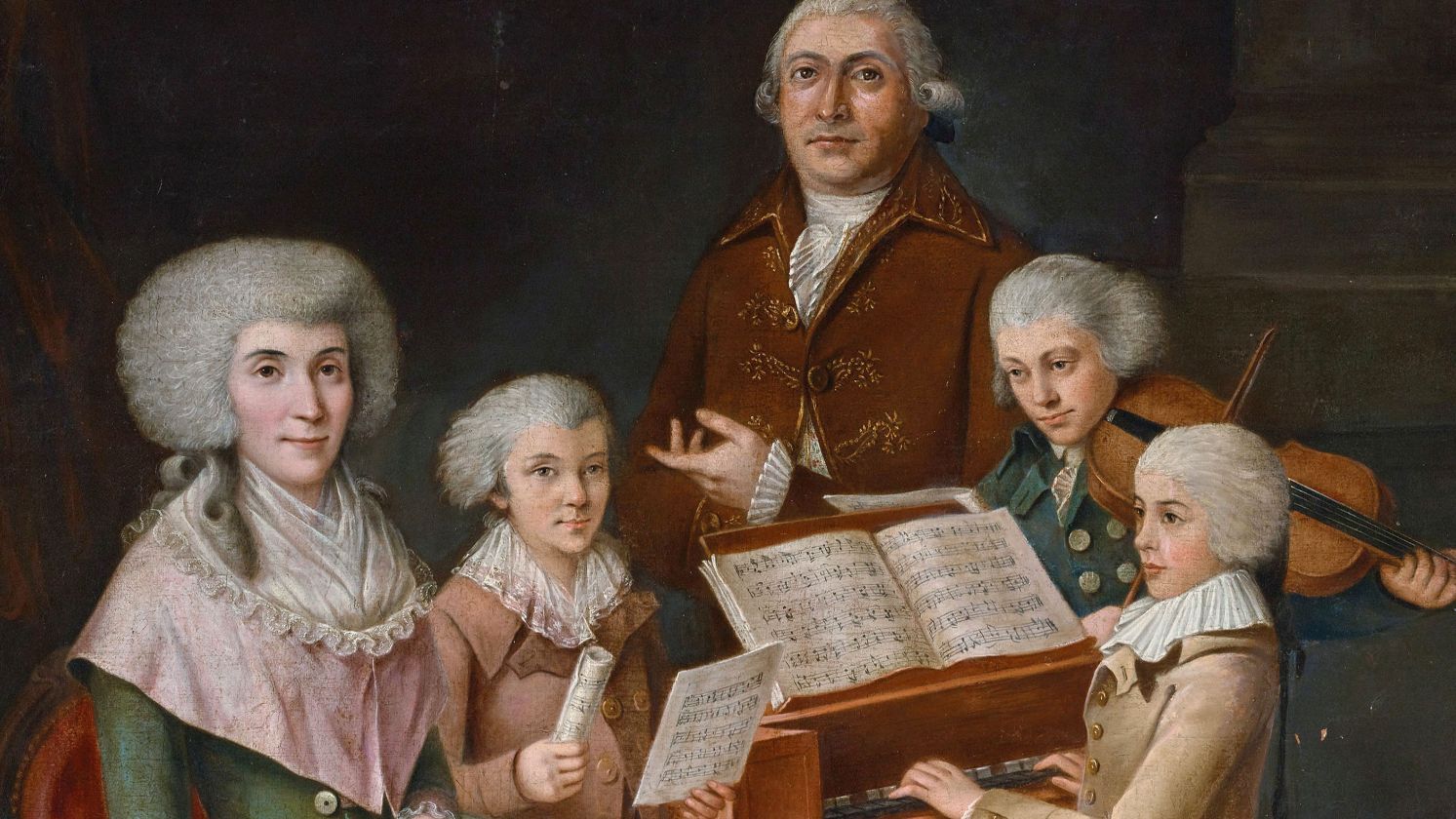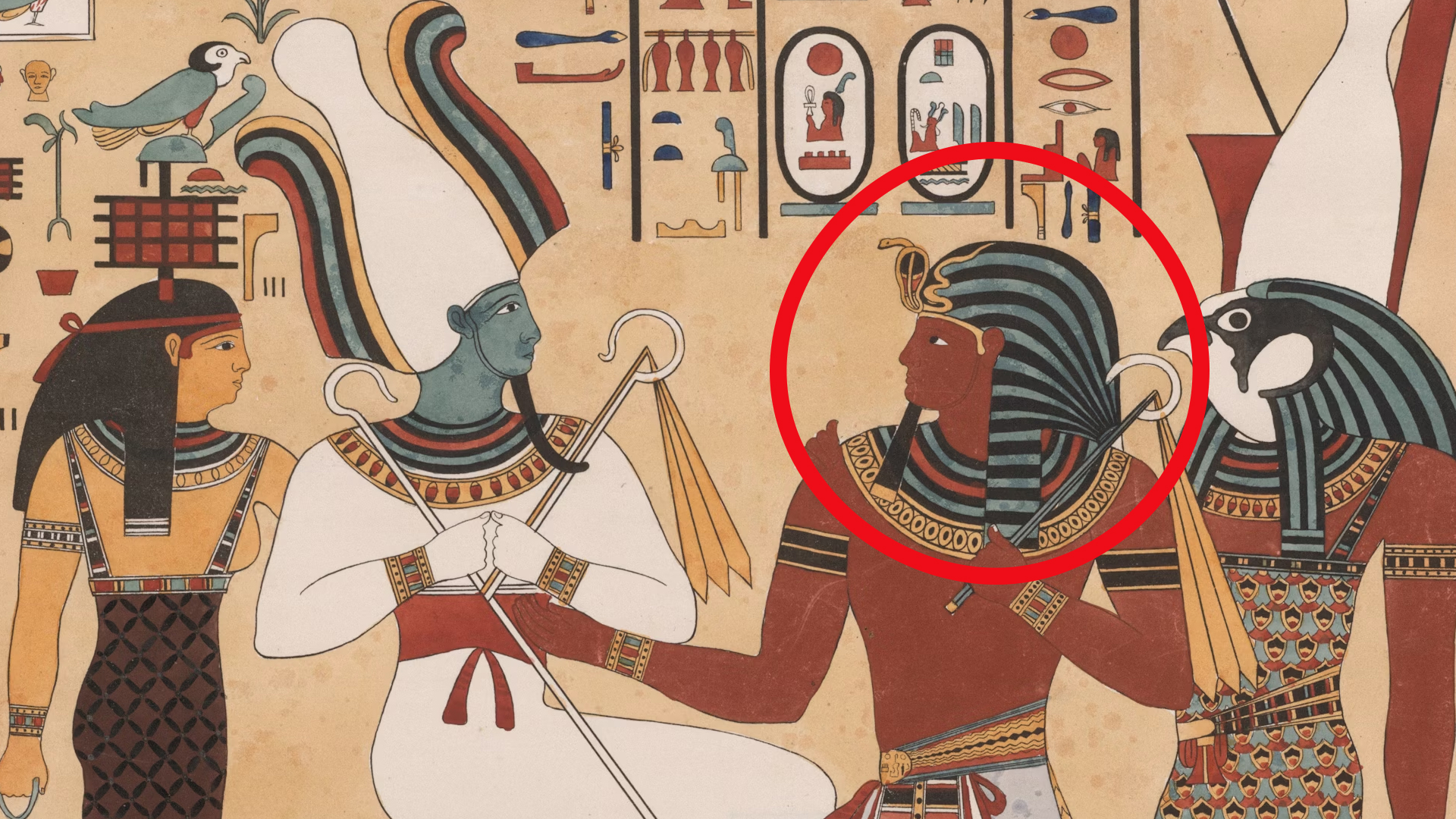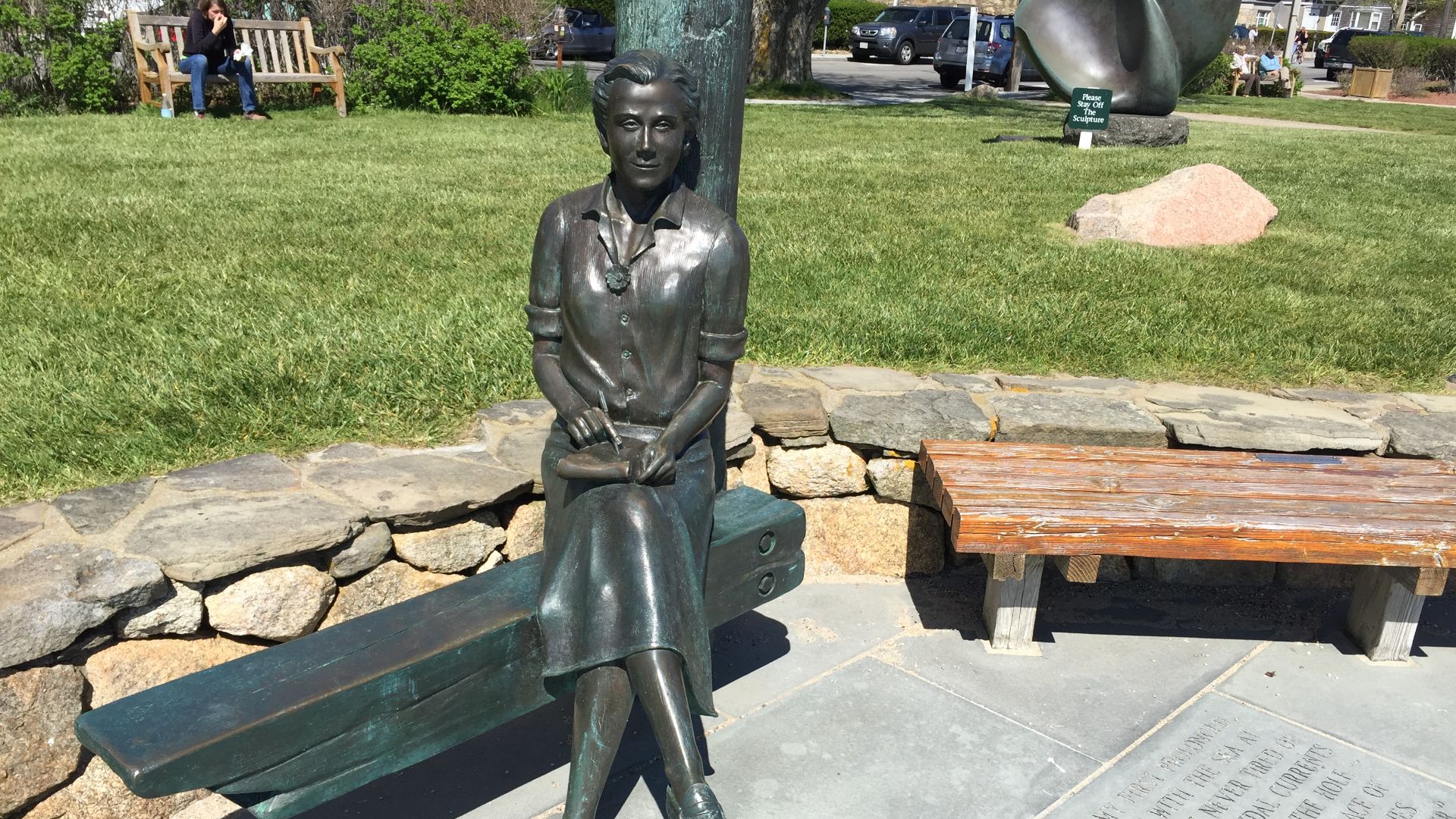20 Historical Events That Were Overshadowed By Something Bigger
Lost In The Headlines
What if some of the most fascinating stories in history were the ones you never heard about? While wars, revolutions, and iconic speeches steal the spotlight, other remarkable moments barely made it into the margins. Some of them even hold clues to how the world really works, exposing hidden motives or forgotten turning points. These overlooked twists didn’t make the textbooks, but they deserve a second look. So, let’s bring them back into focus.
1. The Great Halifax Explosion
On December 6, 1917, in Halifax, a French munitions ship collided with another vessel. This led to extensive destruction of the city and the deaths of approximately 1,900 people. The very next day, the U.S. declared war on Austria-Hungary, and that was all the world talked about.
2. The Peshtigo Fire
Same day, two fires. One makes the history books, and the other becomes a trivia fact. While the Great Chicago Fire grabbed headlines, a far deadlier wildfire, the Peshtigo Fire, was tearing through rural Wisconsin and claimed an estimated 1,200 to 2,500 lives.
3. The Rwandan Genocide
April 1994 saw Rwanda descend into chaos. In just 100 days, an estimated 500,000 to 1,000,000 people were murdered in a brutal genocide. Given the impact of this occurrence, the news should have spread like wildfire. But in the U.S., headlines led with the demise of Nirvana's Kurt Cobain.
 British Red Cross on Wikimedia
British Red Cross on Wikimedia
4. Capture Of Rome
American troops marched into Rome on June 4, 1944, marking a major Allied victory. Two days later, D-Day stormed onto the scene and rewrote the narrative. Rome’s capture became a footnote, even though it was the first Axis capital to fall.
 Tanner (Capt), War Office official photographer on Wikimedia
Tanner (Capt), War Office official photographer on Wikimedia
5. Soviet Detention Of U.S. Convoy
On February 3, 1959, Soviet forces detained five U.S. soldiers in East Germany, which ratcheted up Cold War tension. That same day, a plane crash took Buddy Holly, Ritchie Valens, and The Big Bopper, and the media played only one tune that week.
 unknown, U.S. ARMY PHOTO on Wikimedia
unknown, U.S. ARMY PHOTO on Wikimedia
6. The Texas City Disaster
In April 1947, a ship packed with ammonium nitrate exploded in Texas City and claimed approximately 581 lives. The industrial disaster should have sparked national reflection. Instead, eyes stayed fixed on Europe’s reconstruction and the Cold War’s opening act.
 U.S. Chemical Safety Board on Wikimedia
U.S. Chemical Safety Board on Wikimedia
7. The Death Of Groucho Marx (1977)
Groucho Marx, a legendary comedian known for his quick wit and the Marx Brothers films, died just days after Elvis Presley, the iconic singer who revolutionized rock ’n’ roll. While both were giants in entertainment, Elvis’s name dominated headlines, leaving Groucho’s demise overlooked.
8. Beirut Terror Attacks
Suicide bombers struck Beirut in a devastating attack that left 43 dead and around 200 injured. It was a brutal blow to a city already scarred by conflict. The following day, (November 13, 2015), the Paris terror attacks happened. Global sympathy poured out for France, while Lebanon’s grief remained largely confined to the region.
9. The 1994 NBA Finals
Millions were watching the NBA finals—until every network abruptly cut to a white Ford Bronco on the freeway. O.J. Simpson's slow-motion car chase hijacked the nation's attention. That night, basketball became background noise.
10. The Jeannette Arctic Expedition Tragedy (1881)
The doomed American Arctic expedition led by George Washington De Long ended in disaster after their ship was crushed by ice. Only 13 of the 33 crew survived. Yet, this major exploration tragedy was overshadowed in the press by the ongoing coverage of President Garfield's assassination attempt and lingering death during the same period.
 William Lionel Wyllie on Wikimedia
William Lionel Wyllie on Wikimedia
11. The Great Molasses Flood
In 1919, a molasses tank burst in Boston, releasing a 25-foot wave through the streets. It killed 21 people and injured 150, which turned a city block into a sticky ruin. But headlines about the aftermath of World War I and the Spanish Flu pandemic gripped the world.
12. The Sinking Of USS Indianapolis
The USS Indianapolis was torpedoed in July 1945, after delivering components for the Hiroshima bomb. Hundreds of sailors died in shark-infested waters. However, as the Hiroshima and Nagasaki bombings commanded global attention, not many people know about the carrier.
 Unknown authorUnknown author on Wikimedia
Unknown authorUnknown author on Wikimedia
13. Conflicts In The Early 2000s
Following 9/11, global attention centered on Afghanistan, Iraq, and the war on terror. Meanwhile, devastating conflicts in regions like Darfur and Chechnya raged on, marked by atrocities and mass displacement. Tragically, these crises received little media coverage.
 Mark Knobil from Pittsburgh, usa on Wikimedia
Mark Knobil from Pittsburgh, usa on Wikimedia
14. The Fall Of The Berlin Wall
November 1989 brought people to the Berlin Wall with hammers and hope. Less than a year later, that joy was replaced by satellite images of tanks heading toward Kuwait in preparation for the Gulf War. Europe was reuniting—but the cameras turned to oil fields and desert combat.
 Unknown photographer, Reproduction by Lear 21 at English Wikipedia. on Wikimedia
Unknown photographer, Reproduction by Lear 21 at English Wikipedia. on Wikimedia
15. The 1980 Mount St. Helens Eruption
Mount St. Helens erupted and sent ash across states. But as the election year heated up, news coverage cooled. The Carter vs. Reagan campaign grabbed the spotlight, and political drama soon overtook the natural disaster.
 Donald A. Swanson on Wikimedia
Donald A. Swanson on Wikimedia
16. The Mongol Invasions
The Mongol Empire surged across continents, redrawing maps from China to Eastern Europe. Cities fell, cultures shifted, and fear traveled faster than the cavalry. Nevertheless, Western historians remained preoccupied with knights in shining armor and battles in the Holy Land, that is, the Crusades.
 Sayf al-Vâhidî. Hérât. Afghanistan on Wikimedia
Sayf al-Vâhidî. Hérât. Afghanistan on Wikimedia
17. The Space Shuttle Challenger Disaster
On live television, the Challenger shuttle disintegrated just after launch—an image seared into memory. At the same time, political storms were brewing. Iran-Contra hearings and domestic upheaval crowded the front pages. One would expect seven lost lives in space to pause the nation longer.
18. The Irish Potato Famine
Ireland’s famine wiped out over a million lives and forced millions more to flee. By the time the American Civil War began, Irish emigration had transformed U.S. demographics. Still, global attention locked onto the Union vs. the Confederacy.
 User AlanMc on en.wikipedia on Wikimedia
User AlanMc on en.wikipedia on Wikimedia
19. The Black Death
The plague killed indiscriminately, claiming an estimated 75 to 200 million lives across continents. But if you scroll through medieval chronicles, you’ll find more details about siege tactics than burial pits. The Hundred Years’ War was easier to narrate than the disease.
 Pierart dou Tielt (fl. 1340-1360) on Wikimedia
Pierart dou Tielt (fl. 1340-1360) on Wikimedia
20. The Silent Spring Publication
Rachel Carson’s Silent Spring cracked open America’s environmental conscience in 1962. Around the same time, the Vietnam War was escalating, and with it came a flood of nightly news, protests, and policy speeches.
KEEP ON READING

20 Important Names From World War II You Should Know
Key Players From World War II (For Good or Bad).…
By Cathy Liu Nov 7, 2024
20 Hilarious Slang Terms From The Wild West
Listen Here, You Hoity-Toity Tenderfoot. The American West was filled…
By Maria Cruz Aug 14, 2025
The Musical Prodigy: 10 Fascinating Facts About Mozart & 10…
Secrets Behind the Symphony. Wolfgang Amadeus Mozart remains one of…
By Chase Wexler May 5, 2025
The Mysterious "Sea People" Who Collapsed Civilization
3,200 years ago, Bronze Age civilization in the Mediterranean suddenly…
By Robbie Woods Mar 18, 2025
20 Inventors Who Despised Their Creations
Made It… Then Hated It. Inventors often dream big, but…
By Chase Wexler Aug 8, 2025
20 Weird Coincidences That Changed History
Strange Accidents That Shifted Everything. History doesn’t always move like…
By Cameron Dick Sep 15, 2025









